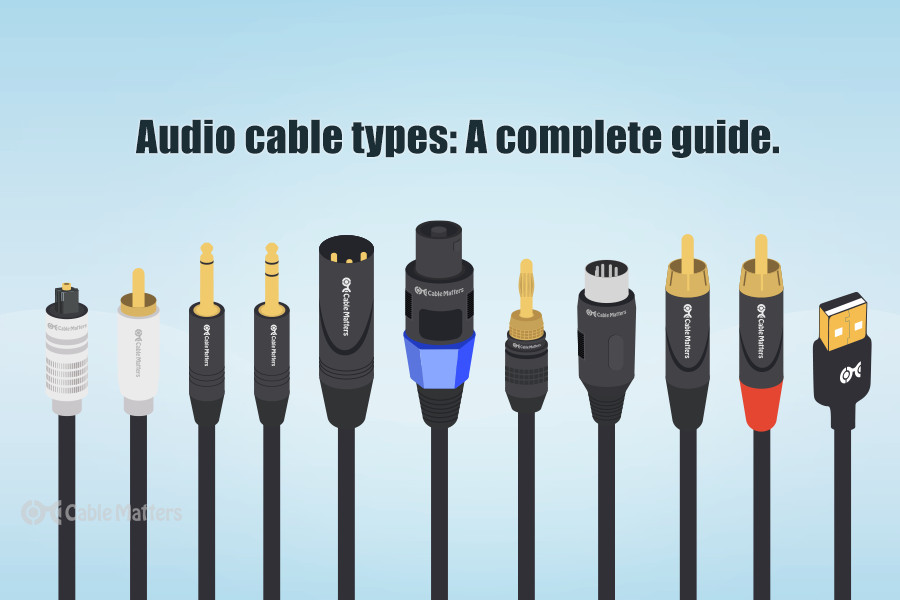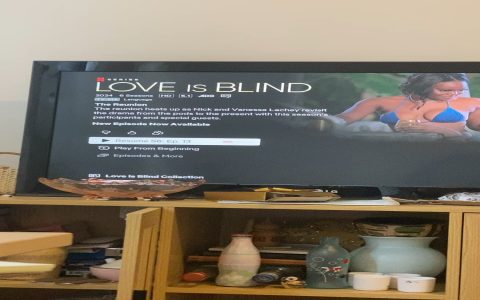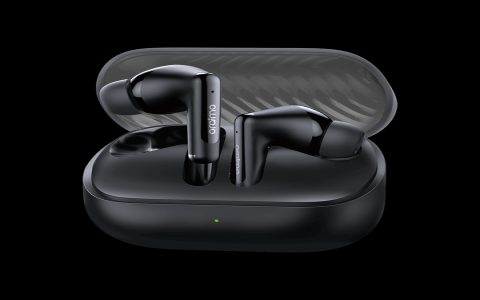Speaker wire terminations impact signal transfer reliability, corrosion resistance, and ease of connection/disconnection. Choosing the correct plug type requires matching both amplifier and speaker terminal compatibility.
Bare Wire
The simplest and most widely compatible method. Users strip back wire insulation and insert the exposed copper strands directly into binding posts or spring clips.
- Pros: Zero cost; universally compatible with all terminal types; direct metal-to-metal contact.
- Cons: Strands easily fray and oxidize over time; loose strands can cause short circuits; multiple insertions/removals degrade connection quality; not ideal for frequent system changes.
Spade Connectors (Lugs)
Fork-shaped metal connectors crimped or soldered onto wire ends, secured under binding post nuts or terminal lugs.

- Pros: Very secure mechanical and electrical connection; handles high power currents reliably; minimizes oxidation at termination point; durable for semi-permanent installations.
- Cons: Requires specific sizing (fork width/thickness) to match terminal posts; requires crimping/soldering tools; less suited for terminals designed for pins or bananas.
Pin Connectors
Straight, solid metal pins crimped or soldered onto wire ends, inserted into holes on binding posts or spring clip terminals.
- Pros: Neater than bare wire; prevents fraying; suitable for tight spaces where banana plugs won't fit; easier insertion into spring clip terminals than bare wire or spades.
- Cons: Less secure than spades under binding posts; can bend; limited surface contact area compared to spades or bananas; requires tools for installation.
Banana Plugs
Common cylindrical plugs inserted into matching jacks on binding posts, often utilizing spring-loaded contact pins.
- Pros: Extremely fast and easy connection/disconnection; excellent contact consistency; visually clean installation; color-coded options available (red/black).
- Cons: Requires compatible banana jacks (5-way posts common); not all speakers/amps include jacks; poorly manufactured plugs can become loose; higher quality plugs cost more.
Key Selection Considerations
- Terminal Compatibility: Match plug type to what your equipment supports (e.g., avoid banana plugs if terminals lack jacks).
- Wire Gauge: Ensure plug barrel size accommodates your wire thickness (e.g., 14 AWG vs 18 AWG).
- Installation Frequency: Use bananas/pins for frequent changes; spades/bare wire for fixed setups.
- Quality: Opt for plugs with solid metal contacts (gold-plated nickel preferred), robust strain relief, and secure crimp/solder connections. Heat shrink improves durability.







